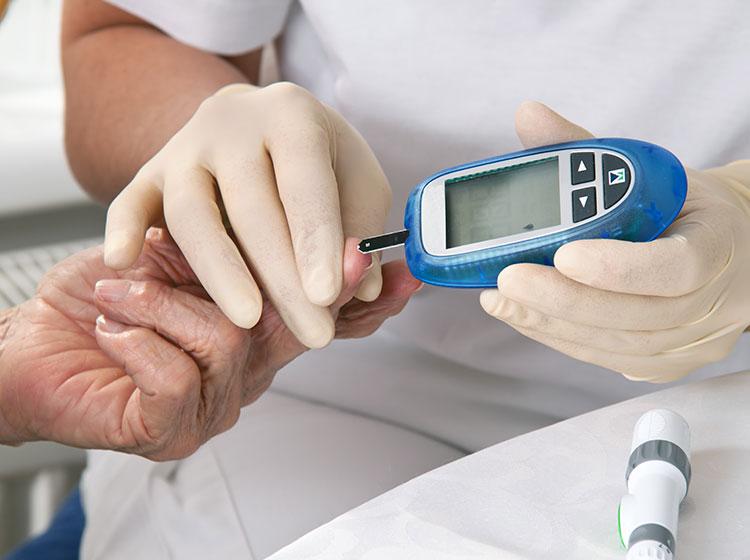India is grappling with a significant burden of diabetes and non-communicable diseases (NCDs), placing immense strain on the healthcare system and individuals alike. The rising prevalence of these conditions necessitates innovative approaches to prevention, management, and treatment. In this digital era, the intersection of health and technology offers a glimmer of hope, providing tools and solutions to address the challenges posed by diabetes and NCDs. This article explores the considerable impact of these diseases in India and the potential of technology-driven interventions to transform healthcare delivery and improve outcomes for individuals.
The Rising Tide of Diabetes and NCDs in India:
Diabetes and NCDs have emerged as a major public health concern in India, with an alarming increase in their prevalence in recent years. Sedentary lifestyles, unhealthy dietary patterns, and genetic predispositions contribute to the growing burden of these conditions. According to the International Diabetes Federation, India ranks second in the world in terms of the number of adults living with diabetes, with over 77 million individuals affected.
Beyond diabetes, NCDs such as cardiovascular diseases, cancer, and chronic respiratory conditions pose substantial challenges to the healthcare system. These diseases account for a significant proportion of morbidity, mortality, and healthcare expenditure in the country. Lifestyle modifications, early detection, and effective management strategies are crucial to mitigating the impact of diabetes and NCDs on individuals and society.
The Role of Technology in Diabetes and NCD Management:
Technology has the potential to revolutionize the way diabetes and NCDs are managed and monitored. Mobile applications, wearable devices, and telemedicine platforms offer innovative solutions that empower individuals to take control of their health. These tools facilitate self-management, enable remote monitoring, and provide real-time access to healthcare professionals.
Mobile applications designed for diabetes management allow individuals to track their blood glucose levels, log dietary intake, monitor physical activity, and receive personalized recommendations. These apps not only enhance self-care but also promote education and awareness about diabetes and healthy lifestyle choices.
Wearable devices, such as smartwatches and fitness trackers, have gained popularity in recent years. They provide valuable insights into various health parameters, including heart rate, sleep patterns, and physical activity levels. For individuals with diabetes or other NCDs, these devices can serve as powerful tools for monitoring vital signs and detecting anomalies, helping them make informed decisions about their health.
Telemedicine platforms have emerged as a game-changer, especially in a country as vast as India. They bridge the gap between patients and healthcare providers, allowing for remote consultations, monitoring, and follow-ups. Telemedicine offers convenience, cost-effectiveness, and access to expert care, particularly for individuals residing in remote areas or facing mobility challenges.
The Way Forward: Integrating Health and Tech
To effectively combat the burden of diabetes and NCDs, it is crucial to integrate health and technology seamlessly. This requires collaborative efforts between healthcare providers, policymakers, and technology developers. Investment in research and development, as well as regulatory frameworks, should support the growth of technology-driven solutions.
Additionally, raising awareness about the benefits of technology in diabetes and NCD management is essential. Education campaigns, community outreach programs, and partnerships with healthcare organizations can help disseminate information and empower individuals to embrace digital tools for their health.
Moreover, healthcare professionals must be equipped with the necessary skills and training to leverage technology effectively. Continuous professional development programs and initiatives that promote digital literacy can enhance the adoption and utilization of technology in healthcare practice.
The rising burden of diabetes and NCDs in India necessitates innovative approaches to prevention, management, and treatment. Technology has the potential to play a transformative role in addressing these challenges. By harnessing the power of mobile applications, wearable devices, and telemedicine platforms, individuals can actively engage in self-care, access real-time healthcare support, and improve their overall well-being. Embracing technology-driven solutions and fostering collaboration between healthcare and tech sectors will pave the way for a healthier India.



